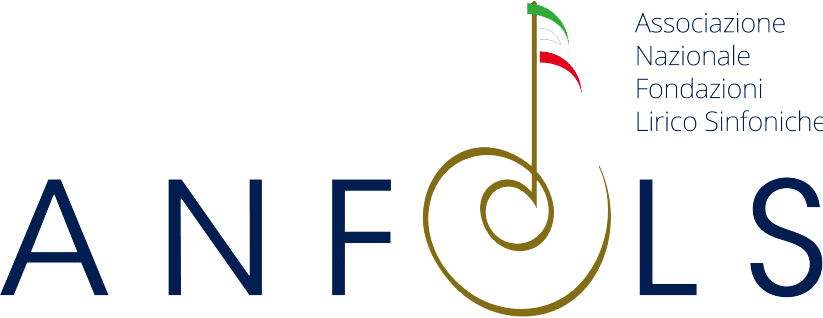Nowadays, everyone is convinced they are free. Indeed, many feel that they must fight against the oppression of other people, who live close or in faraway places. But are we really free? As early as the second half of the last century, Michel Foucault warned us against the constant need to define ourselves, which is in fact extremely limiting the immense potential of an individual. This definition brings with it an idea of normalisation, and inevitably normalisation has something to do with adhering to norms, and ultimately with being dominated.
Even Gilles Deleuze, in his strong criticism of Freudian psychoanalysis, tried to redefine the unconscious no longer as a tangle of traumas to be analysed and -eventually- to be normalised, but as an immense and very powerful propeller of desires, which cannot and must not be explained, or caged. Our integrity, perhaps even our happiness, depends on it.
More recently, the South Korean philosopher Byung-chul Han reflected on neo-liberal self-exploitation, observing that ‘we live in a historical phase in which freedom itself generates constraint. The individual who believes to be free is actually a slave: an auto-exploiting labourer to the extent that he or she exploits himself or herself without having a master ‘. (“Psychopolitics”, published by Nottetempo).
What is being controlled today is our psyche. What is being fixed is a practice of behaviour that we accept, conforming ourselves so as not to be marginalised, or rather ‘banned’, as it happens on social networks. Byung-chul Han himself points out that ‘devotee’ means ‘subjugated’. We are talking about a technique of domination that on the one hand produces devotional objects’, such as the smartphone and on the other hand imposes prohibitions and limitations that we consciously accept. This is because those who break a taboo create a scandal, and those who cross the boundary of the ‘prohibited’ are marginalised.
However, those who proclaim their freedom against conformism, censorship, and the desire for approval, always provoke bewilderment, fear and anxiety in others, but also generate admiration. We are reminded of this precisely by the character of Salome, who does not surrender to the power of authority: she is not afraid to show her erotic and heretical desire, first for a holy man, which is considered already a taboo, and then even for his severed head, which she wants to be handed to her on a silver platter and which, in the finale of Richard Strauss’s opera, she comes to kiss in an ecstasy of necrophilic sensuality. Salome fully experiences a freedom that we no longer have, perfectly integrated as we are in a system that exploits our inner self by excluding errors, deviations or shortcomings.
Certainly crossing the line of the forbidden can be dangerous. The princess of Judea ends up crushed under the shields of the soldiers of her stepfather Herod. Defilement carries a risk, because it is freedom itself that is dangerous. Staying in the comfort zone of norms and approval can be a considerable existential simplification. Yet major transgressions do not only lead to greater personal freedom or a pleasant sense of life fulfilment, they are challenges that can upset equilibriums, lead to social transformations useful for building more open and inclusive worlds. It is a process already foreseen by Friedrich Hölderlin, who wrote ‘Where there is danger, The rescue grows as well‘.
Paolo Cairoli – Director of Calibano
Calibano is the new magazine of the Rome Opera House. Created as a space for in-depth analysis and debate around topical issues raised from the performances on the theater’s program and realized in collaboration with the publishing house effequ, the editorial project involves, every four months, the publication and distribution in Italian bookstores of a monographic volume dedicated to an opera title and a related theme, through the commissioning of essays, short stories and reviews by authoritative signatures.
You can buy Calibano on the effequ website at this link, in bookstores and at the Rome Opera House shop.
The illustrations in this issue were made by Emilia Trevisani
The cover is a collage by Giuliano Paolini (Photo Ⓒ Luca Vianello, Torino / Courtesy Fondazione Giulio e Anna Paolini, Torino / Ⓒ Giulio Paolini)












